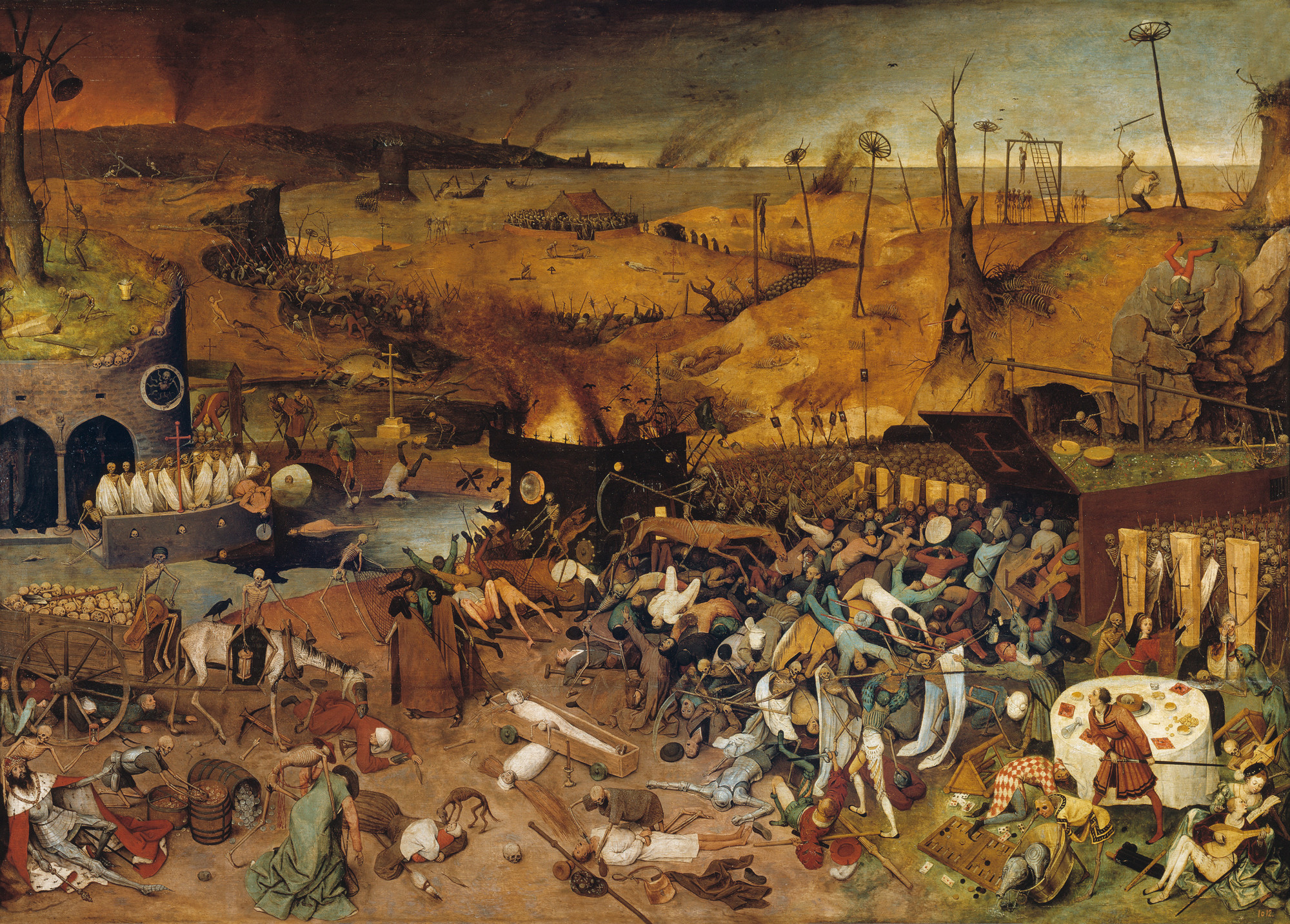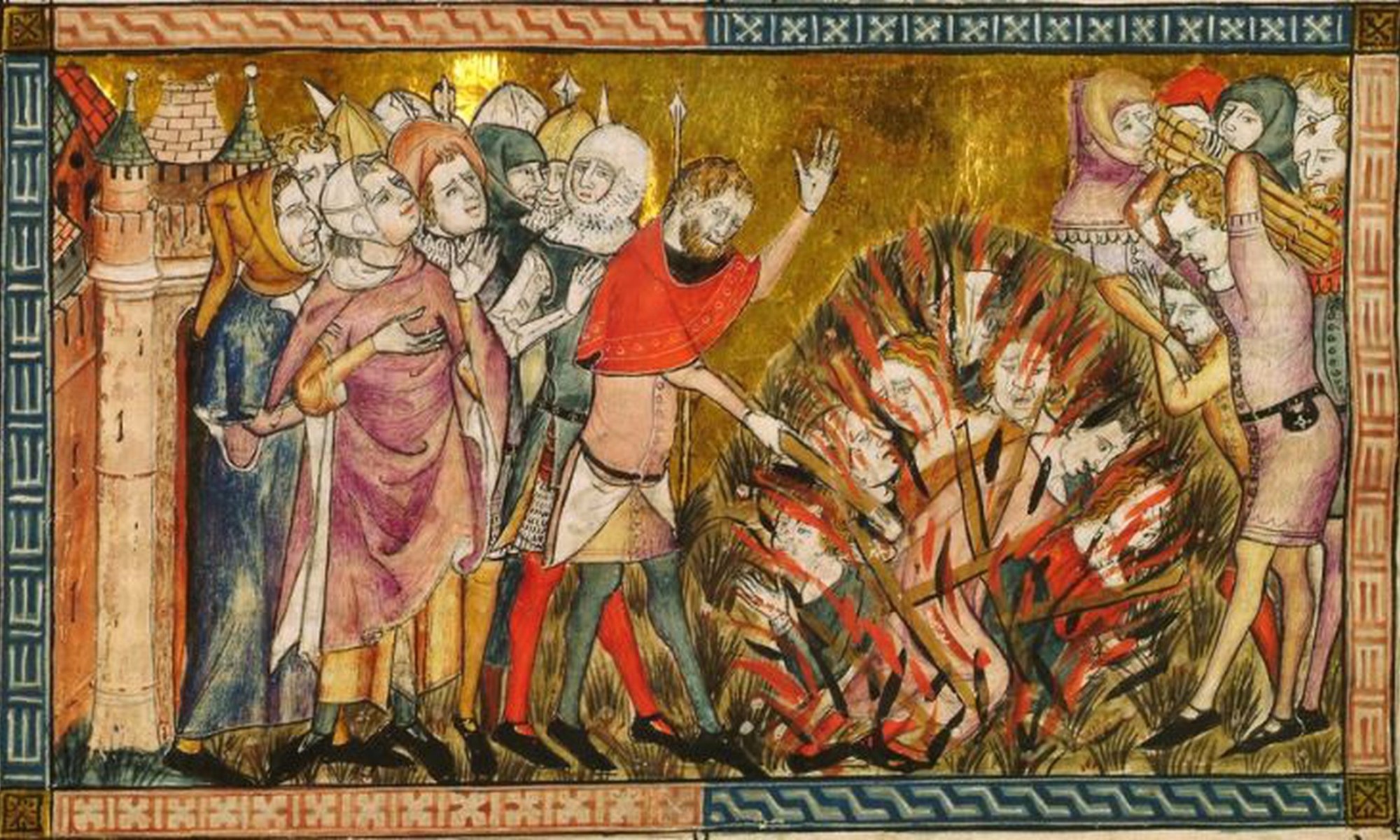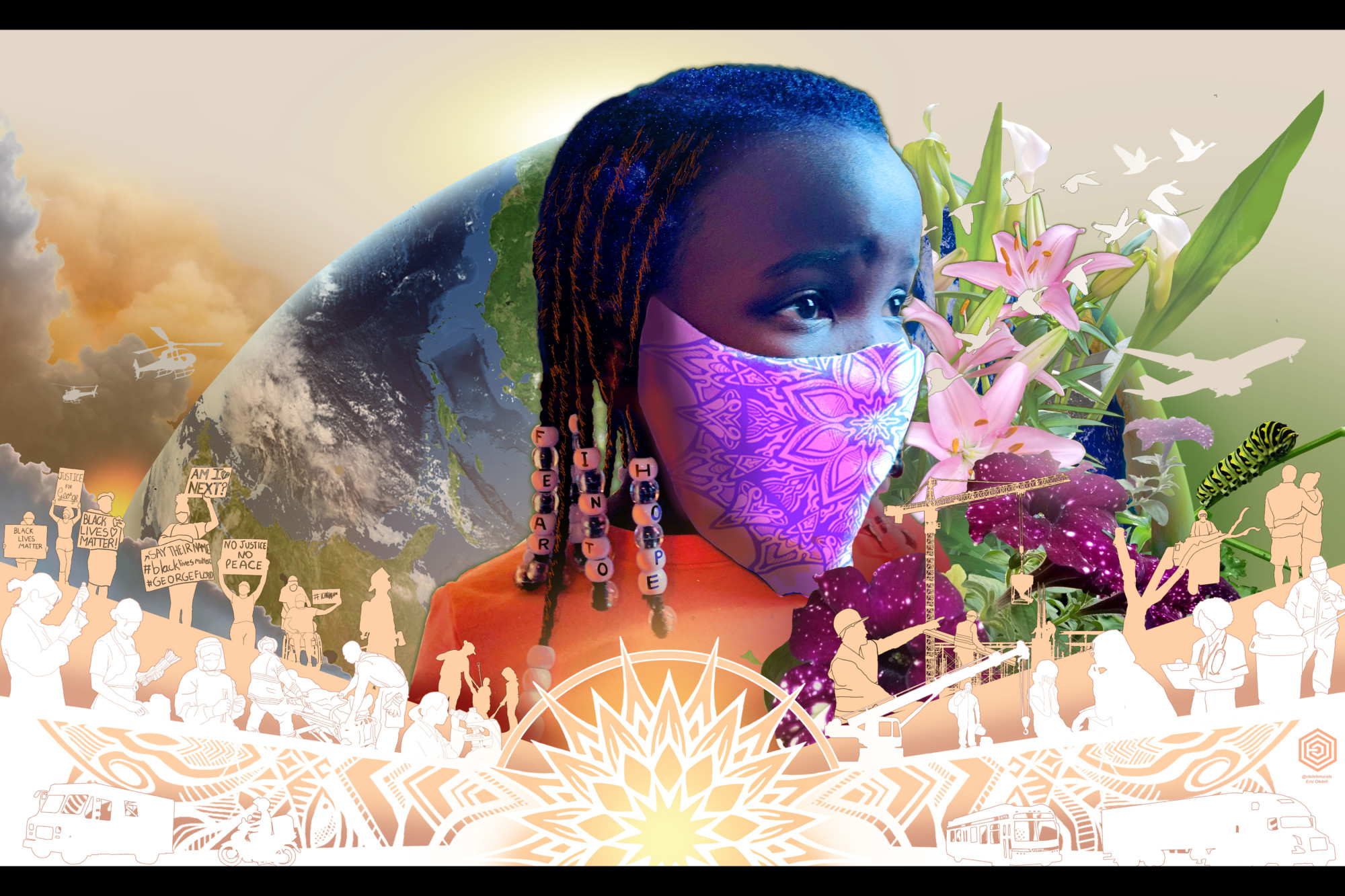



This unique reflective narrative presents a harrowing account of a clinician’s experience trying to heal the wounds of demonstrators during the Twin Cities uprising this past spring. Michael Rosentreter and Jáime Gonzalez vividly describe Rosentreter’s time spent navigating flash grenades, tear gas, and other threats as he provides medical support to demonstrators. The experience helped him realize how valuable the role of a physical therapist in emergency settings truly is. Reflecting on the lessons learned during those nights, he realized, “However elevated the risk to me, nothing I experienced compares to the fear and danger people of color continually face.” He states his commitment to the role of advocacy in physical therapy to recognize and dismantle systemic, institutional, and individual racism.
In this stirring account, Oluremi Wanjiru Onifade and Sarah Caston present an honest and compelling look at the challenges within the physical therapy educational community for Black and brown people. Onifade paints a picture of her life growing up as a Kenyan/Nigerian queer-identifying Black American, and the obstacles she overcame on the path to her DPT. Her account ends where she challenges her colleague Caston: “There is a lack of representation of Black and brown people teaching in your PT program. Are you willing to do something?”
In response, Caston describes how that direct question changes her perception as an educator. She asks, “What does it look like for me, a white, heterosexual, cis-gender woman, to stand up to racism? And again, I ask, what does it look like for the profession of physical therapy to do the same?”
An homage to a devoted Charge Nurse, “A Letter to My Mother” lovingly shows what makes a true hero in today’s healthcare system. Ezeoyibo Justin Otiwu’s mother works nights with her COVID-19 patients without complaint and returns home to serve as a caregiver. This letter is a call-to-action for a new perspective on our essential workers, and poignantly drives us to reckon with the question of “how will we advocate for much-needed change to help the system’s valiant fighters?”
In alignment with our ongoing series dedicated to addressing social change, we offer a list of humanities-based resources for the Black Lives Matter movement and social justice. The materials accessed through the links offered here address art, beauty, dance, ethics, health issues, humanities education, movies, music, writings, and the Black experience in academia and the workplace. Readers are invited to access it frequently to educate themselves, self-reflect, and either begin or add to their journey toward being consistently anti-racist.
To help JHR readers—and clinicians dealing with the pandemic—find inspiration, intellectual stimulation, and even some entertainment during these days of crisis and necessary isolation, Jamie Fleshman, SPT has compiled an extensive list of thought-provoking resources. The materials accessed through the links offered here address ethics, disability, a wide range of the arts, education, and clinical information—all collated from a humanities perspective. Readers are invited to access it frequently for inspiration during the weeks ahead.
In this thoughtful piece, Dr. Regina Kaufman tells of an encounter with a man in a checkout line who remembered that she was his physical therapist more than 30 years ago. Describing the man’s “relatively cool” demeanor, she expresses her fear that perhaps his memory of his treatment was not a completely positive one. She tries to recall the level of care she was able to provide as a novice, and notes that wisdom can only truly develop over time.
In her narrative reflection, Kate Mihevc Edwards presents her honest self-portrait as an avid runner whose life — and very identity — were altered by injury. But experiencing the vulnerability of losing her very sense of self proved to be a gift over time, she reports. “The work I put in to help me survive and cope made me a better clinician,” she states. She shows how her loss helped her to develop a deeper understanding of the importance of empathy in healthcare.
In a poignant personal account, Susan Deusinger details her father’s final months and his ultimate decision to take charge of his own death process. Although his passing left a void in her life, she notes that he also gave her “the privilege of honoring his beliefs and supporting his choices — something we don’t always have the opportunity to do as clinicians.” A video interview accompanies this piece, in Deusinger’s own words.
In her essay, “Beyond Words,” Amanda Kaufman, PT, DPT illustrates how providing a space for her patient to tell her full story, during one of her darkest moments, and listening carefully, established the trust that allowed their healing work together to begin.
2020 is defined by crises and uncertainties related to the COVID-19 pandemic and racial tensions. These impact the […]
Grace White, PT, DPT, relates in her essay, “Pride, Prejudice, and Professionalism,” how she used patience, insight, and a clever strategy to overcome her patient’s sexist bias against her and deliver his treatment.
Co-author of the book Make it Stick: The Science of Successful Learning, Mark McDaniel offers his insights into the importance of questioning the “erroneous intuitions and common practices” within contemporary education. The book highlights the faulty ways people often go about learning, and explains the research supporting how learning and memory actually work and can be optimized. In applying these concepts to physical therapy education, Leda McDaniel, Mark McDaniel’s daughter, presents three key learning techniques from Make It Stick. Having successfully employed these techniques over the years, Leda notes how they can help students “overcome challenges in acquiring the foundational knowledge and skills needed for physical therapy practice.
This companion piece to the McDaniels article builds on their arguments for improved learning and applies them to physical therapy education. Steven Ambler advocates for the integration of Learning Sciences in physical therapy curricula. “Curricula that position the student, faculty, and profession as learner, and consider the plurality of learning theories, can help us all reach a deeper sense of what it means to be a physical therapist serving society,” he notes.
In their insightful review of Doctors at War, Sean Halpin and Mariano Dossou Kpanou highlight the importance of the book’s account of how a medical team operated on the front lines of war in Afghanistan in 2011. “Few studies examine how teams work together in extreme and challenging environments,” they note. But this short and intense book “provides a unique glimpse into how these teams function in real time.” Reading it may help prepare healthcare professionals “for unprecedented situations, such as the COVID-19 health crisis of 2020,” they conclude.
Jamie Fleshman reviews Jim Linnell’s book, “Take It Lying Down: Finding My Feet After a Spinal Cord Injury,” Linnell’s lively and moving account of his first two years of rehabilitation after a catastrophic accident. Fleshman also presents her interview with Linnell, including his advice for patients and clinicians during those first two critical years.
“Communicating in the Silence” focuses on the challenges that deaf and hard-of-hearing (DHH) patients can face when seeking mental healthcare. Marcela Almeida and Katherine Kosman detail the barriers to care of one DHH young man, whose “medical diagnosis and treatment path were substantially changed by a more careful assessment that considered the unique aspects of the DHH population.” The authors’ recommendations for the future include an argument for greater use of Certified Deaf Interpreters in healthcare.